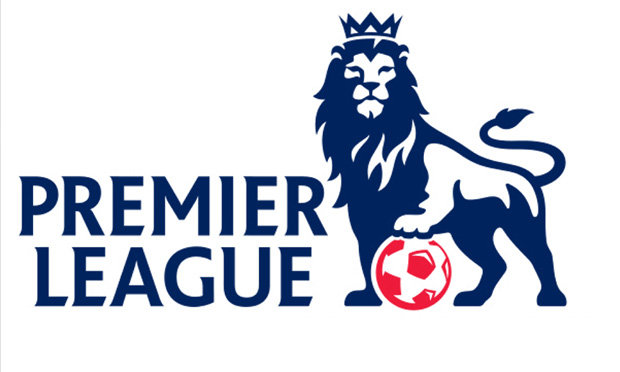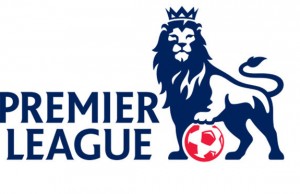With the Premier League campaign edging closer players are working tirelessly to be in top condition for the August 8th kick off. Lengthy fitness sessions and pre-season friendlies will help players regain match fitness but a healthy diet is also a vital part of every player’s fitness plans.
The demands in football are getting greater all the time and to keep up with the best players need to be in ultimate shape. Football is so glamourous now that all we see is the glory associated with the game. We often read about the extortionate wages of players but we know little about how players have got there. It takes a lot of dedication to make it in the Premier League and this includes sticking to a dedicated diet.
We all know footballers must eat right but we wanted to look a little further into why the players are eating what they eat and how it is influenced by their performance. With the help of a new interactive tool we were able to educate ourselves further. The World Sports Food Fight contains information on a range of sports and has educated us on the diet of a Premier League footballer.
Some of the stats in the data may come as a surprise to you. For example it revealed that footballers will actually consume more calories than the average man. Despite footballers having a lean physique they consume 800 more calories a day than the average Joe and gauge on 3800 as a daily average.
The high calorie intake is required as the physical demands in football are so great. Players do a lot of running and a box to box midfielder can cover up to 9.5 miles in a game. This will also involve sprinting, cutting and tackling and during a 90 minute match players will burn between 1500-3000 calories.
It’s not just the amount of calories that players consume that is important though. The source of the calories is also carefully planned. You can expect a player’s diet to be filled with carbohydrates such as pasta, bread and cereal. This will give players the energy to compete in games and in training sessions. Then to increase the calorie intake players will also snack on ice cream, smoothies and fruit.
When it comes to match days the timing of when players eat is carefully executed. They will try and avoid eating any large meals 3-4 hours before kick-off. If they do require extra energy this will come in the form of a small carbohydrate snack such as porridge. Sticking to this plan should ensure they are peaking during the game.
The educational piece also shows the diets from other sports such as Rugby, NFL and Formula 1. It allows you to compare Sports against each other to see what you should be eating if you play any of the sports.


